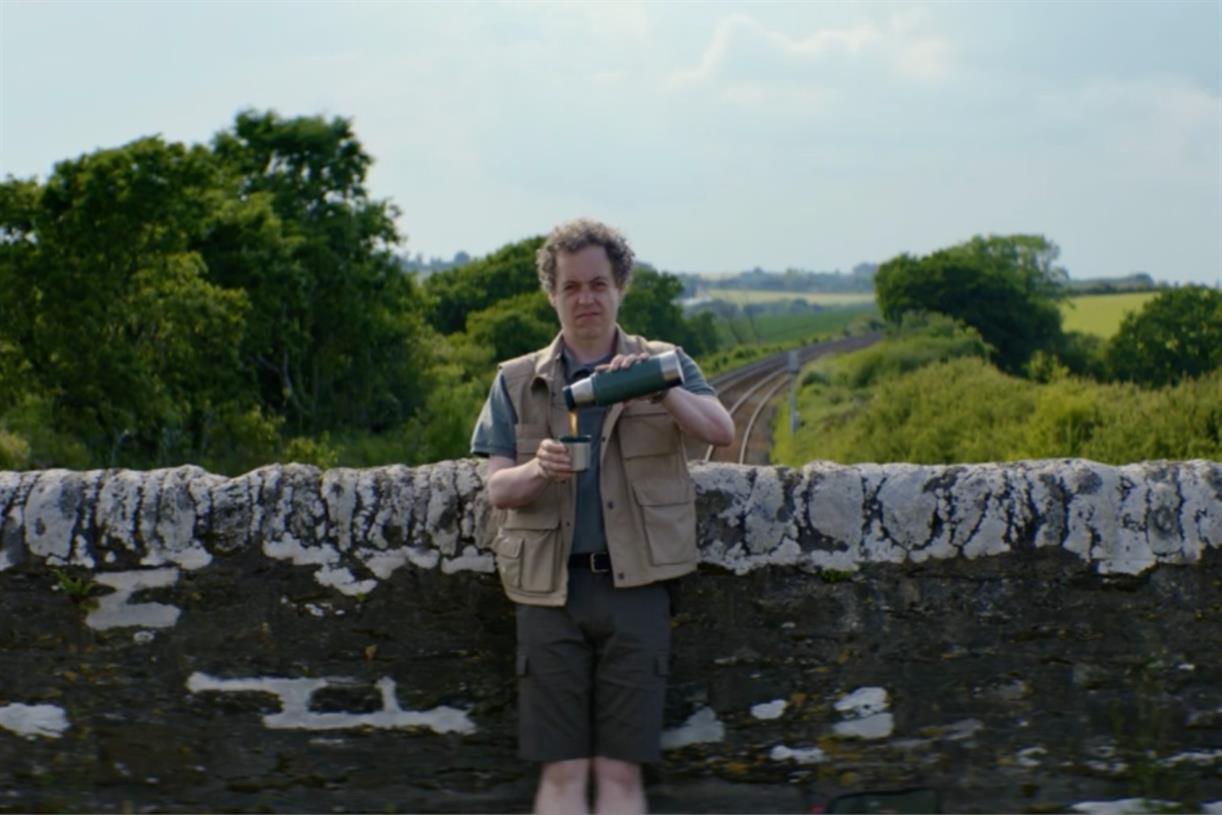Where is House of the Dragon filmed? The real life locations to visit, from Cornwall to Caceres
Here are the valleys, quarries and castles that built the continent of Westeros in the HBO hit


Sign up to Simon Calder’s free travel email for expert advice and money-saving discounts
Get Simon Calder’s Travel email
House of the Dragon has returned for its second series after a two-year wait, and the reign of House Targaryen over the Seven Kingdoms is as chaotic and spectacularly scenic as ever.
The HBO fantasy series and Game of Thrones prequel premiered on Monday (17 June) for an eight episode run as rival factions vie for the Iron Throne.
A star-studded cast including Matt Smith and Emma D’Arcy as ice-blonde Targaryens are backdropped by otherworldly destinations new and old for the eagerly anticipated second series of George RR Martin’s book Fire & Blood.
Where its Game of Thrones predecessor was shot mainly in Ireland, Croatia and Iceland, the acclaimed spin-off stayed a little closer to home for its revival of Westeros.
Although several scenes were filmed at Warner Bros Leavesden Studios in Watford – originally the home of Harry Potter – cameras rolled on location across the UK last summer.
With rural destinations in England and North Wales ripe for a road trip, here are the epic settings breathing fire into HBO’s deadly fantasy drama.
Where is House of the Dragon filmed?
Season one

Spain
Caceres
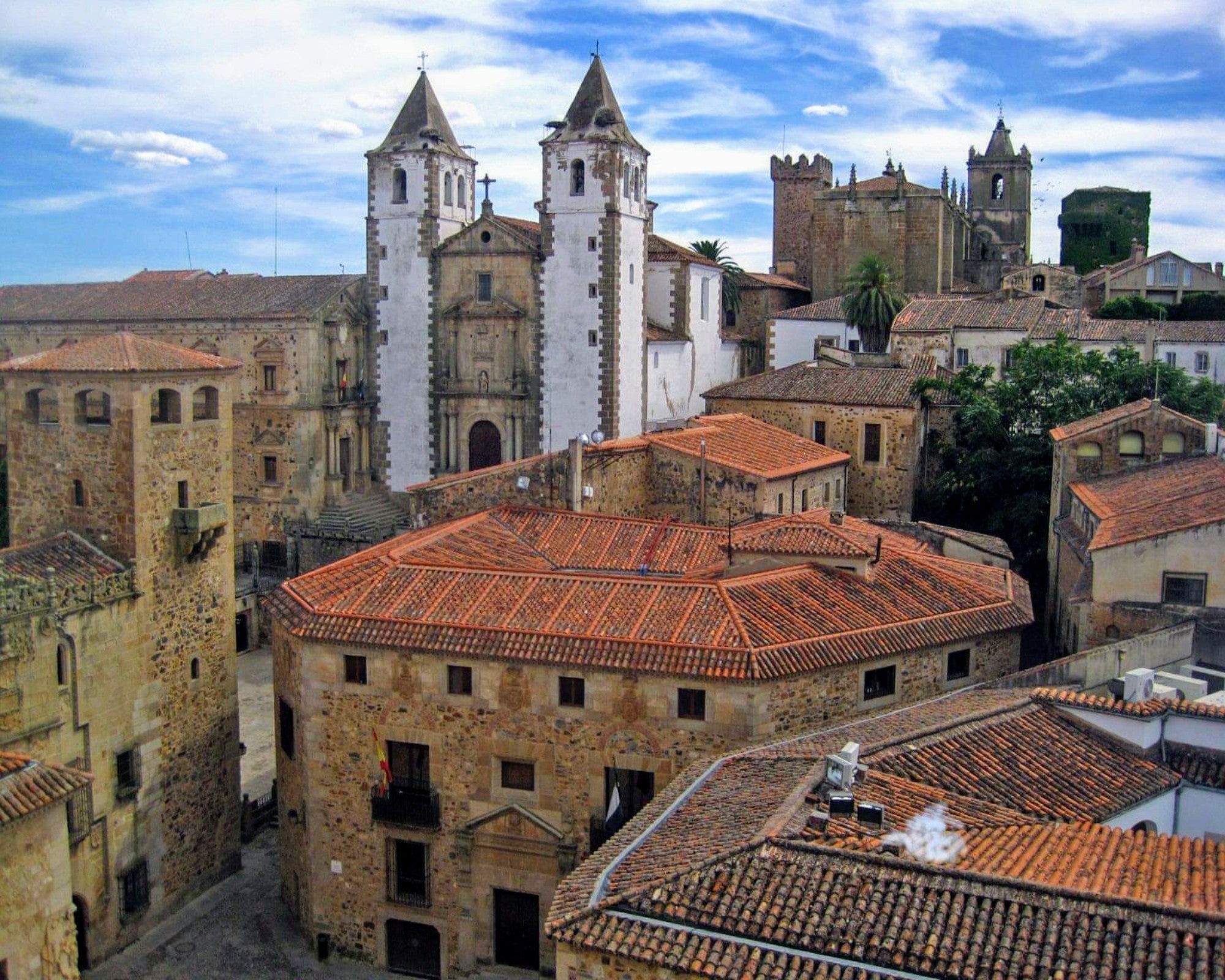
The fortified palaces, Renaissance architecture and cobbled streets of Caceres in western Spain took the baton from Dubrovnik as the capital of Westeros. Filming at the Unesco World Heritage Site included the Old Town and the Plaza de Santa Maria – overlooked by a 15th-century Gothic cathedral and some fitting gargoyles.
Trujillo
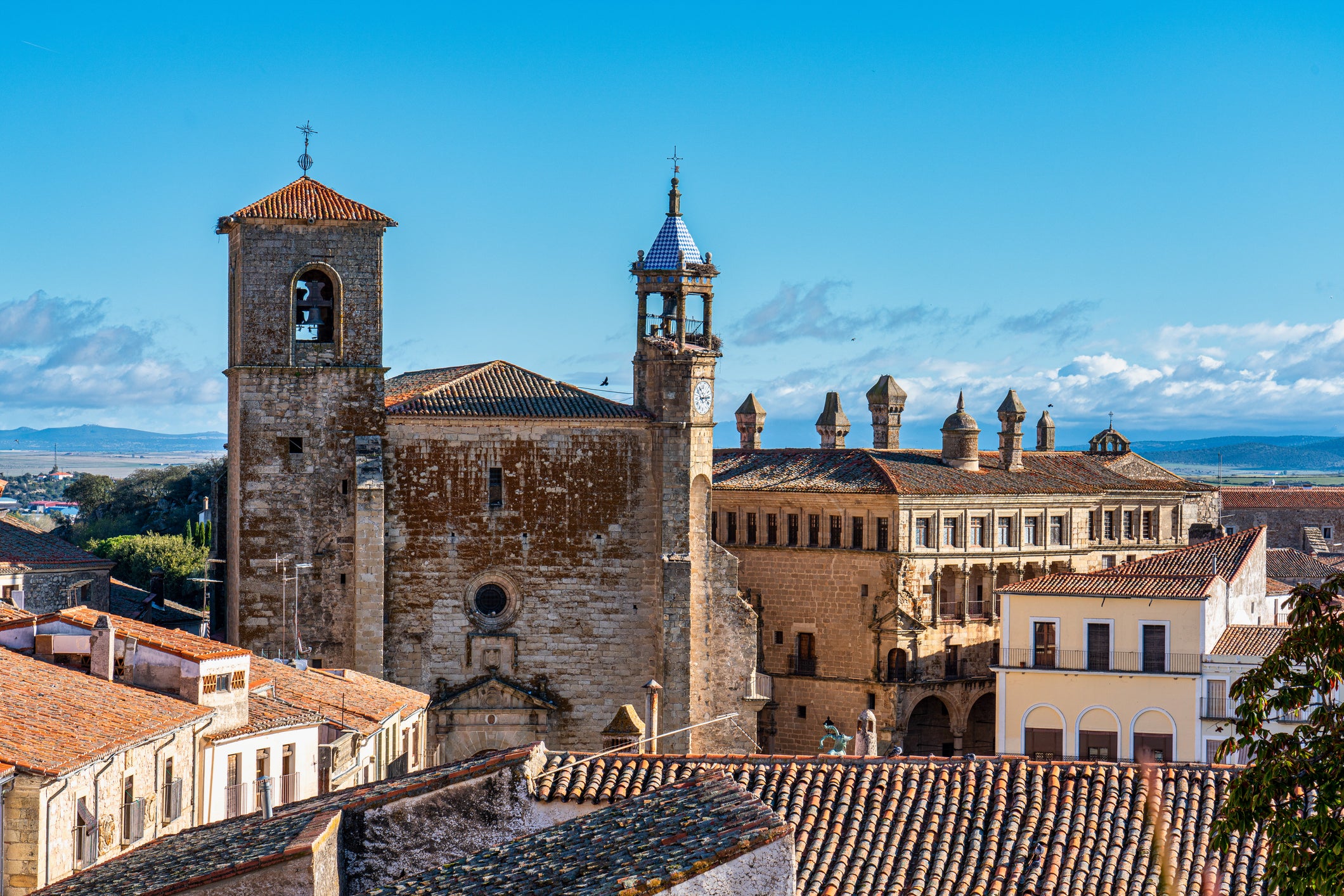
The main square of Trujillo also captured medieval moments in King’s Landing for season one. With well-preserved Roman ruins and Moorish hilltop castles just east of Cacares, it’s no surprise that the town of terracotta stone was previously seen in Game of Thrones.
Santa Clotilde Gardens, Lloret de Mar

In Catalonia’s Lloret de Mar, the botanical gardens of Santa Clotilde doubled as the gardens of the Red Keep, with panoramic views over the Mediterranean Sea. Built in Italian Renaissance style in 1926, the Girona gardens are a maze of staircases, groomed lawns and flora that are open to the public year round.
Gaztelugatxeko, Bay of Biscay
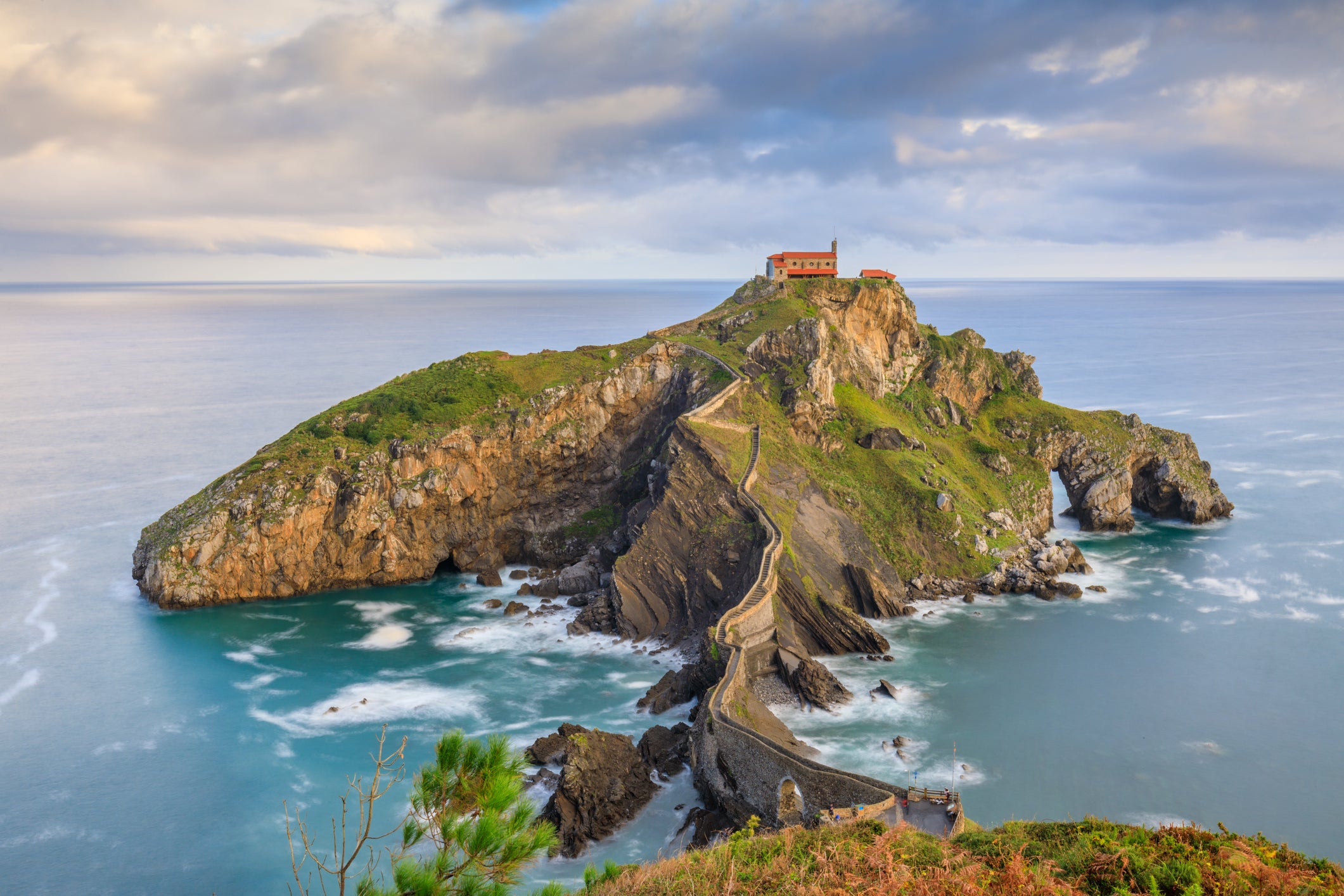
You’ll find the stairway to the Dragonstone fortress on Spain’s northern shoreline – the islet of Gaztelugatxeko. Though in reality the 241 narrow stone steps of San Juan de Gaztelugatxe lead to a small church, in fantasy they make for an impressive arrival to the ancient home of the Targaryens.
Castillo de La Calahorra, Granada
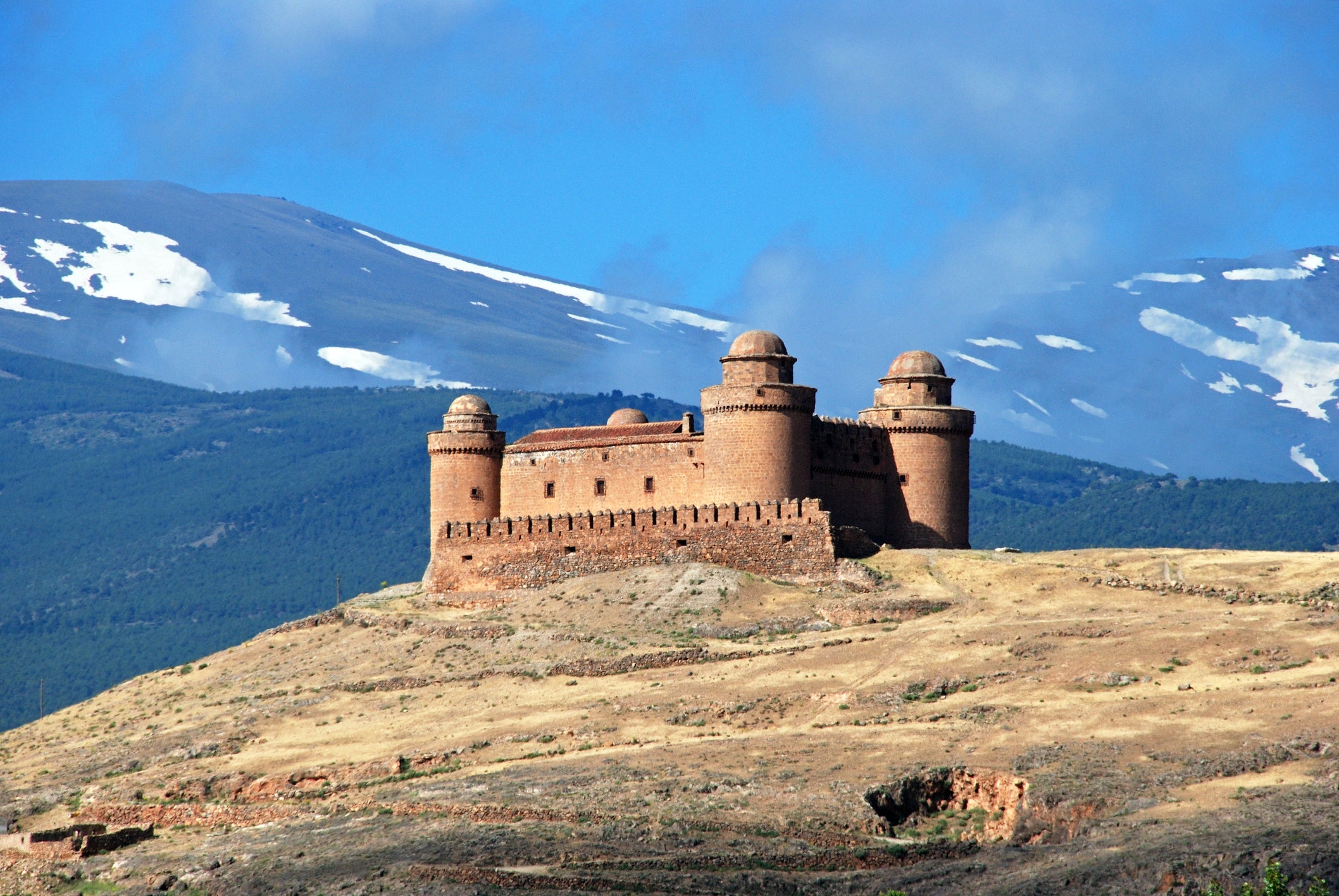
This 14th-century castle in Granada – one of the first Italian Renaissance castles outside Italy – provided the set for a royal House of Targaryen stronghold in the city of Pentos. Sitting at the foothills of the Sierra Nevada mountain range, Castillo de La Calahorra is privately owned, but tours can be arranged.
Portugal
Monsanto, Castelo Branco
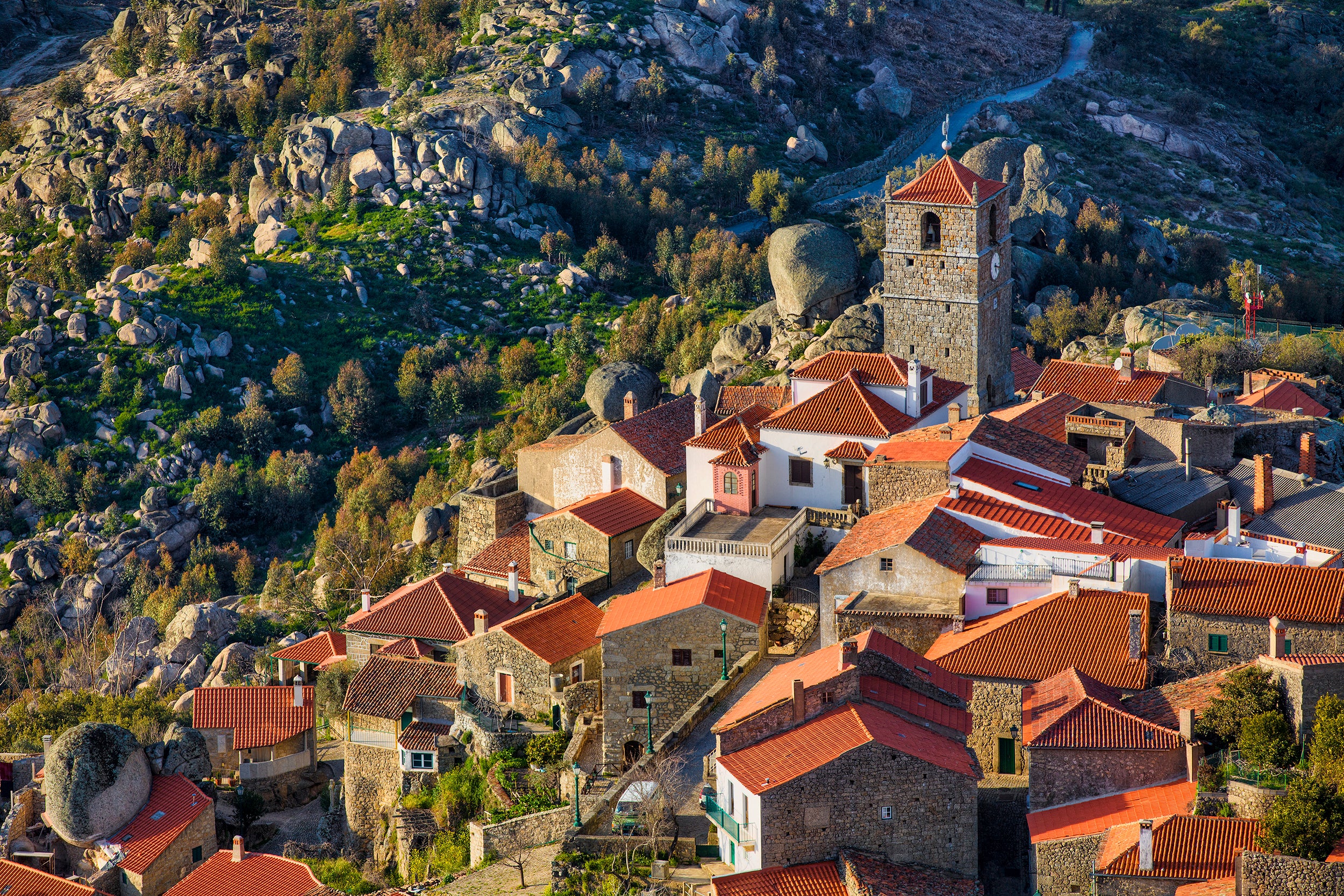
Portraying the ancestral seat of House Targaryen is medieval Monsanto. The Unesco-listed ‘City of Stone’ is a boulder-studded Portuguese Dragonstone – sans the dragons.
England
St Michael’s Mount, Cornwall
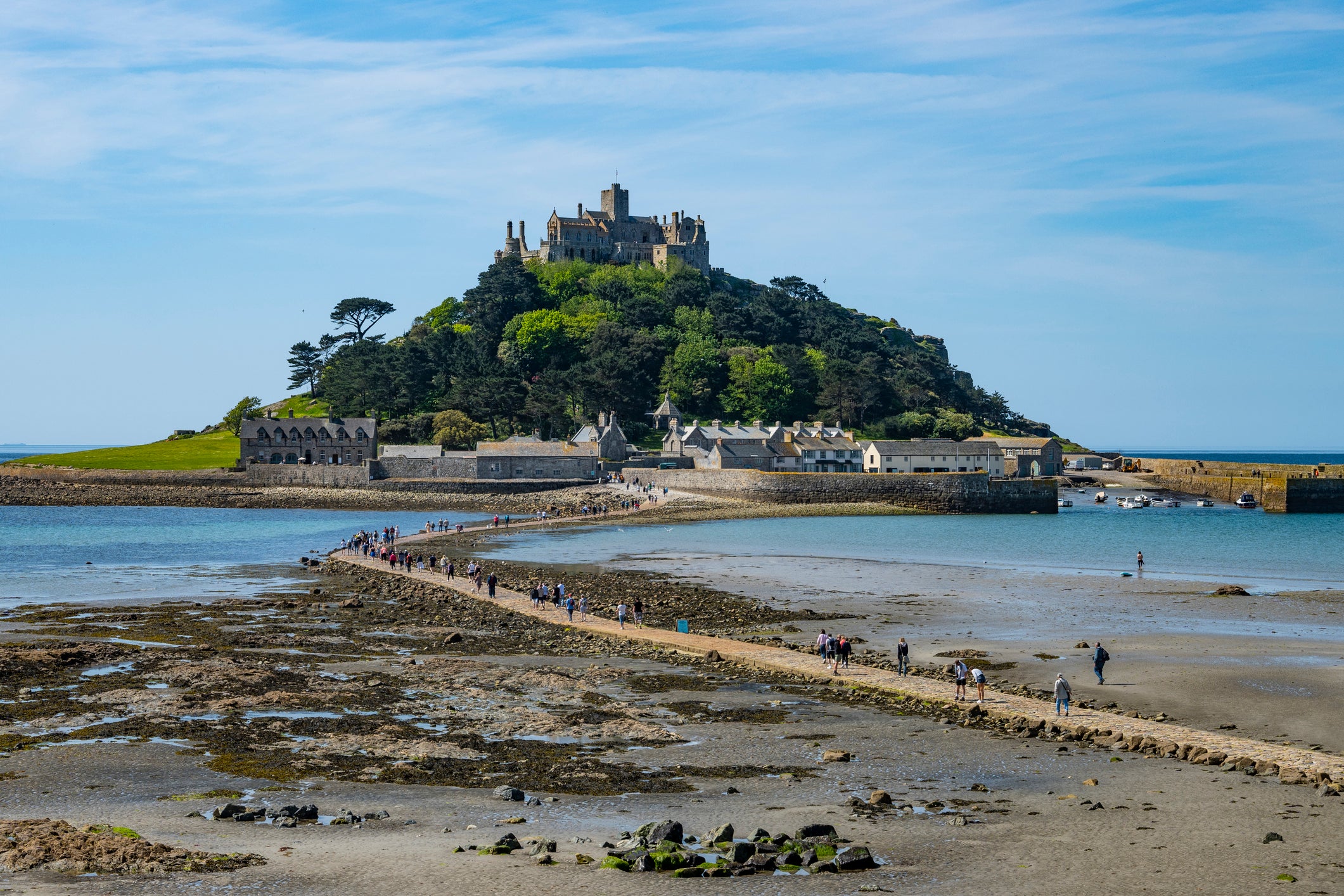
Cornish postcard favourite St Michael’s Mount doubled up as High Tide Castle on the island of Driftmark for House of the Dragon. The Velaryon household took to the tidal island in ‘Blackwater Bay’ for its home, with visits from characters including King Viserys and Princess Rhaenrya.
Holywell Beach, Cornwall
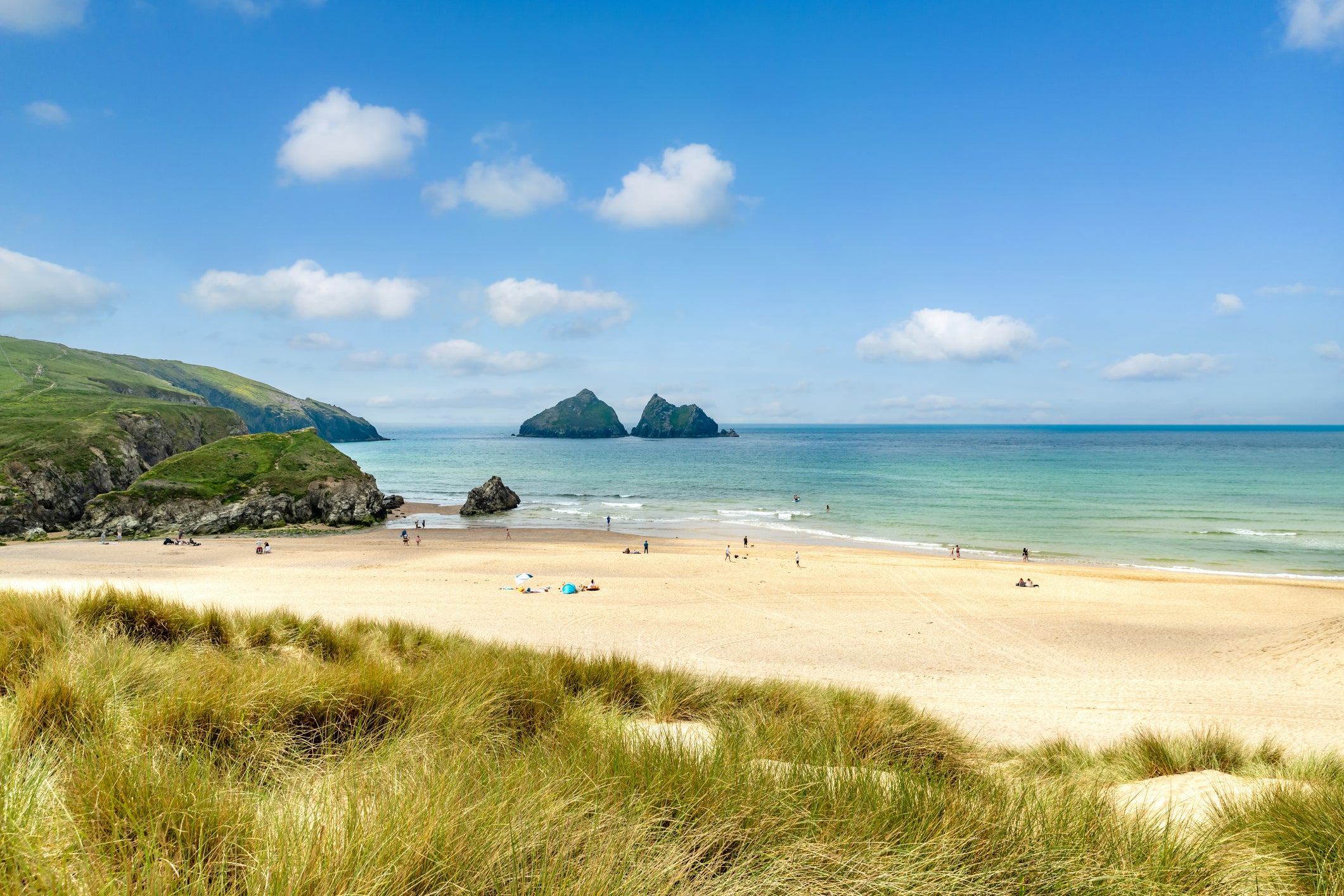
The idyllic swathe of Holywell Beach in Cornwall also welcomed the Targaryens for some sandy scenes in the Stepstone Islands that link Westeros and Essos between the ‘Narrow Sea’ and the ‘Summer Sea’.
Kynance Cove, Cornwall
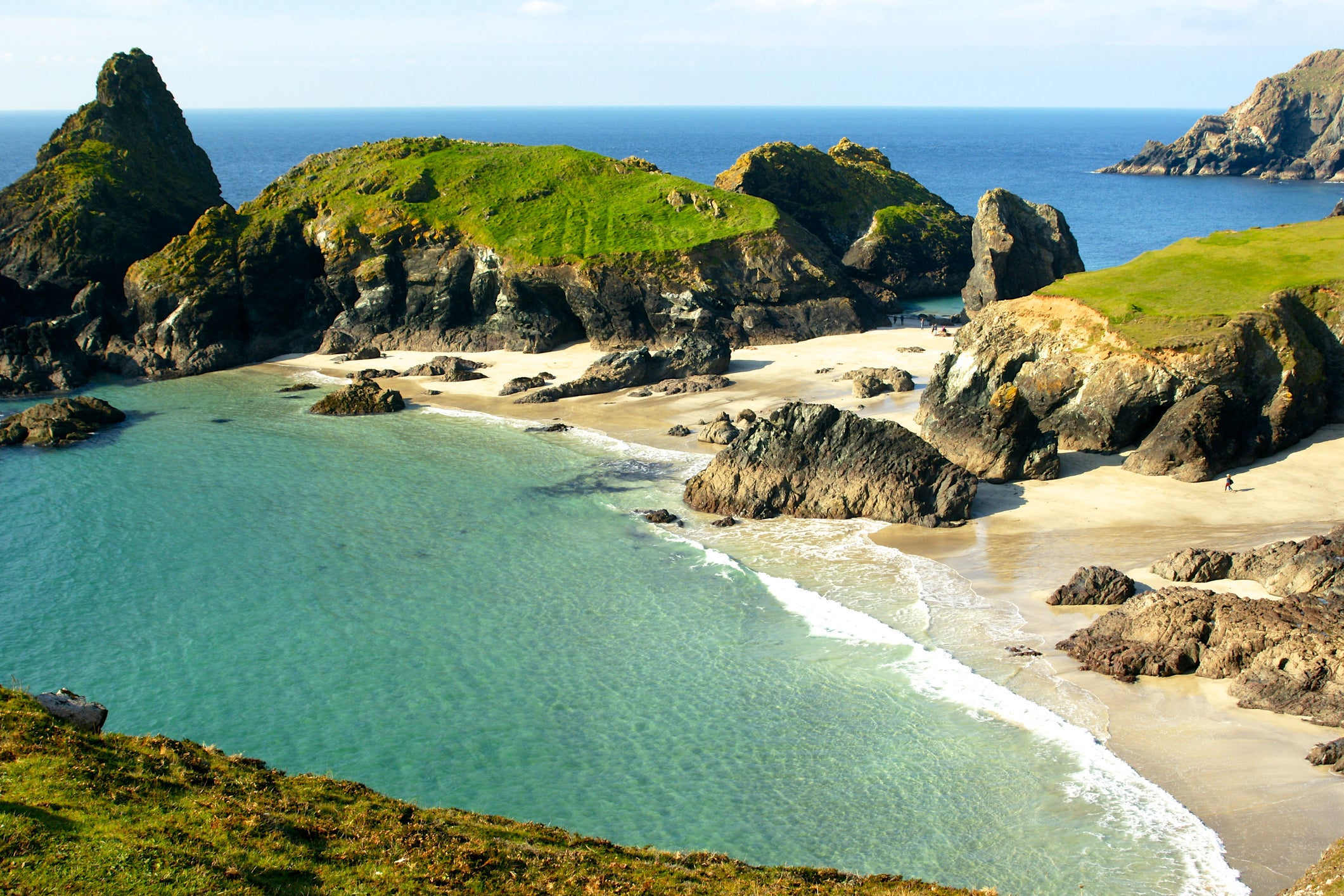
For the season's first big battle sequence, Cornwall’s Kynance Cove on Asparagus Island offered a backdrop of grass-wrapped rock stacks, white sand and turquoise waves for the Valyrian camp before the War of the Stepstones.
Season two
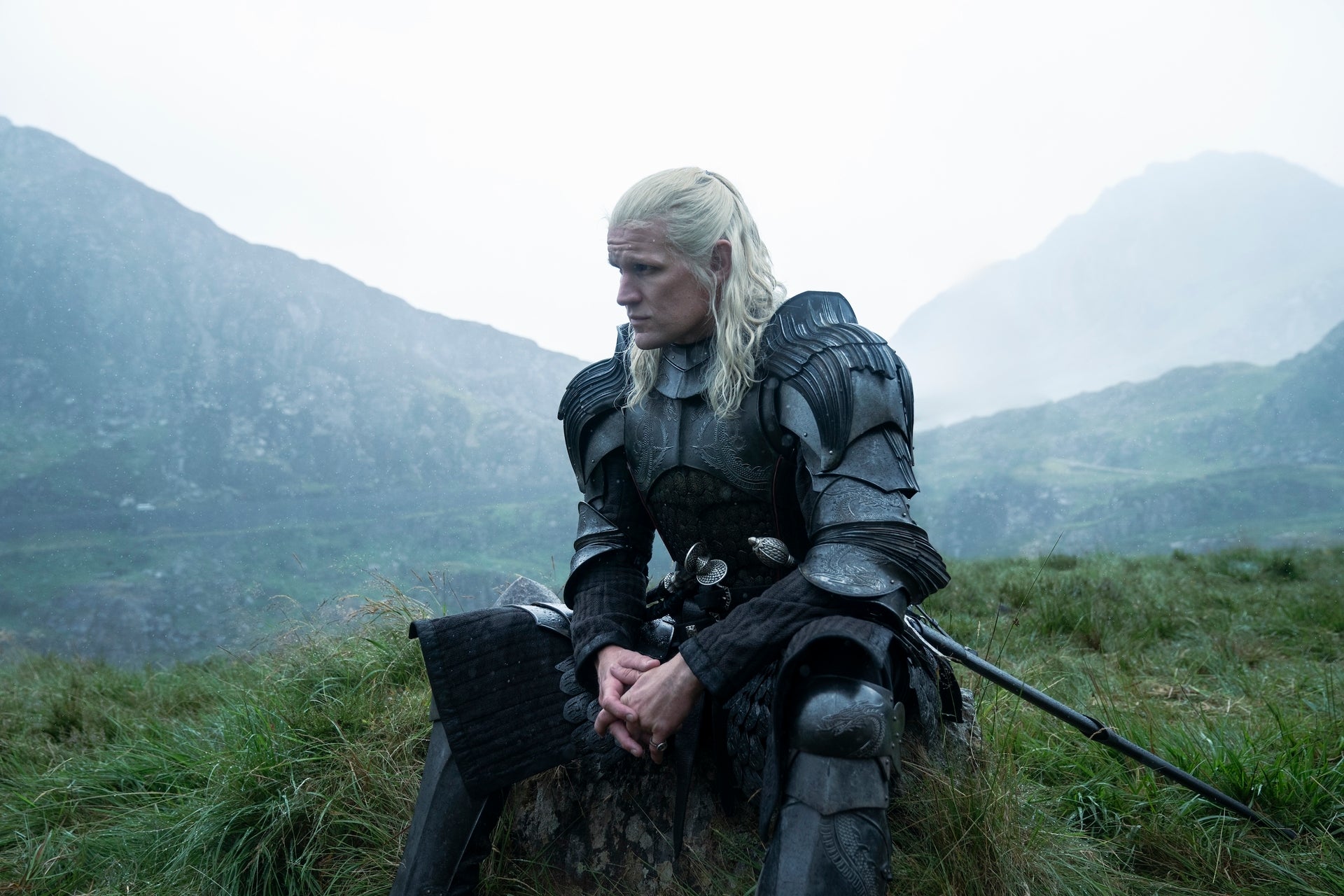
Wales
Gwynedd
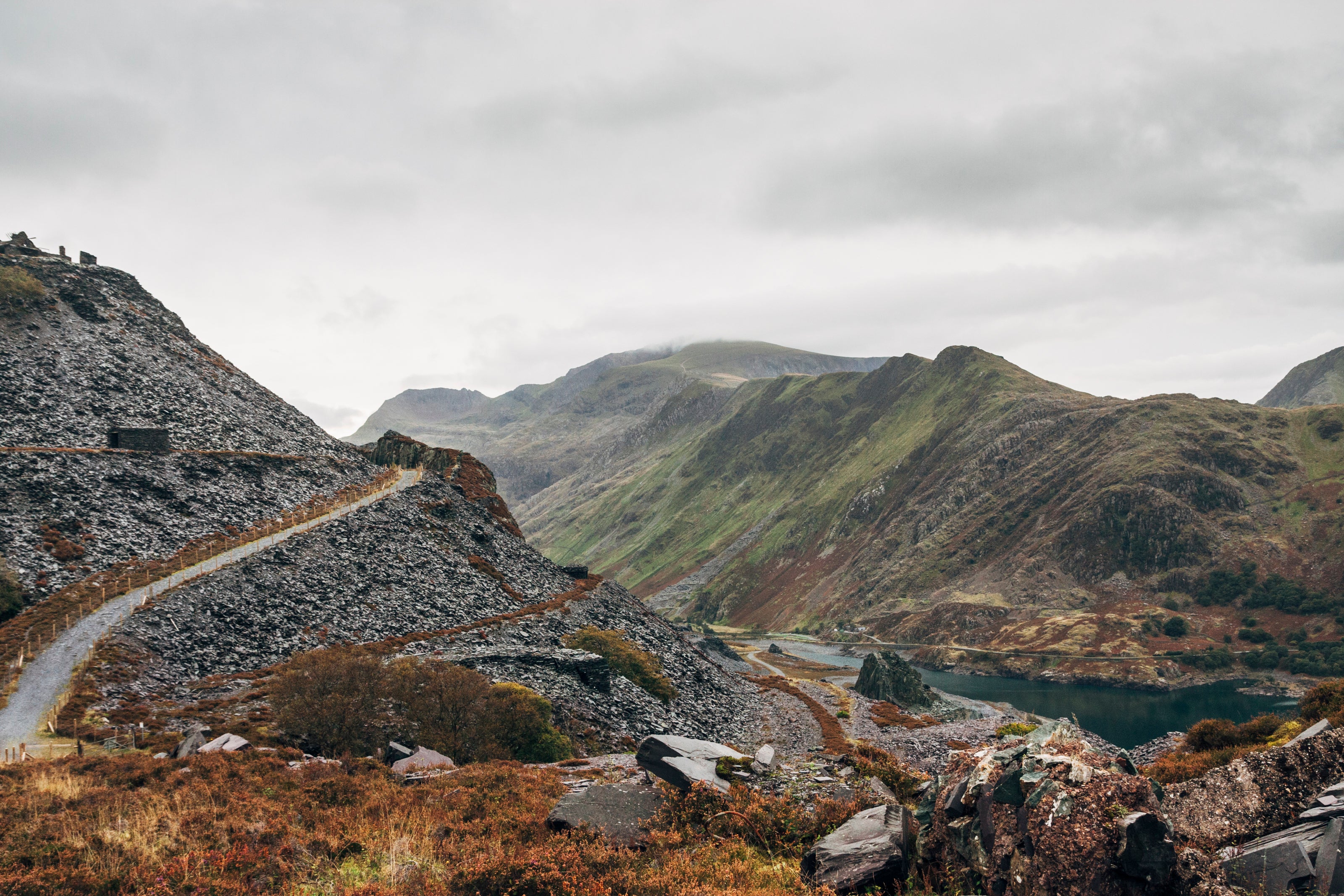
The fantasy series descended on the valleys and quarries of North Wales to bring Westeros to life around Snowdonia. From the dramatic Yr Eifl Granite Quarry to Dinorwig Quarry – previously one of the largest slate quarries in the world – Gwynedd made a convincing double for the exterior of Dragonstone. The mystical glacial valley Ogwen in the Eryri National Park also polished its impressive geology, waterfalls and hiking routes to star in the series, before the 17th-century Penmachno Roman Bridge south of Betws-y-Coed took centre stage for scenes in the aftermath of a battle.
Anglesey

The Isle of Anglesey and its rugged coastline, coves and beaches similarly feature in the series. At the popular Penmon Point beach, fans spotted rowing sequences being filmed near the iconic Trwyn Du Lighthouse. Cameras were also seen preparing for a cavalry charge on the sands of Beaumaris Beach, and Llanddwyn Beach and Porth y Cwch coves are rumoured to frame the Sowing of the Dragonseeds.
England
Bourne Woods, Farnham
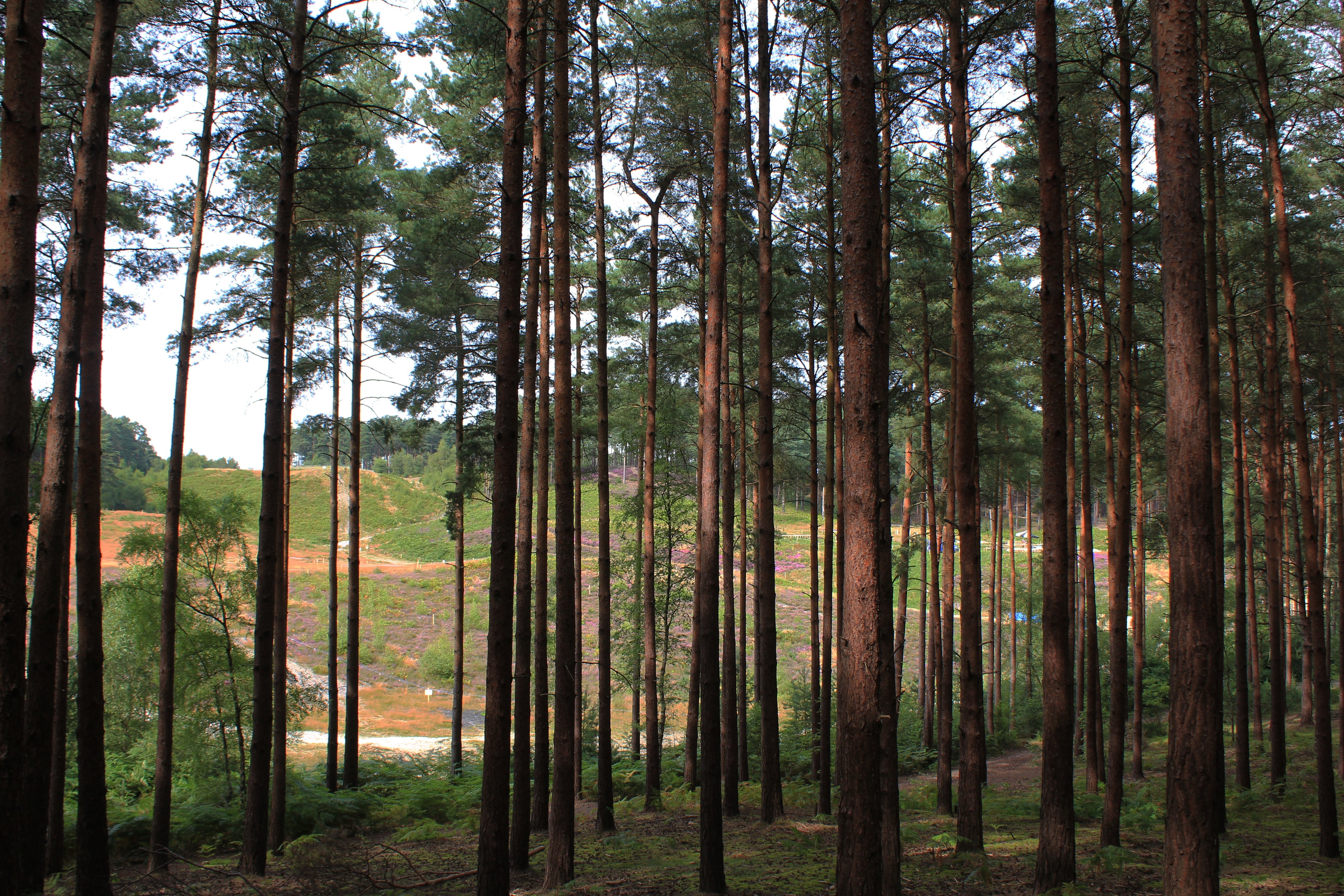
Crews also headed to Farnham-based film-favourite Bourne Woods for battle scenes amid the dense foliage and towering green trees – once the set of the opening battle in Gladiator and the Battle of Austerlitz in Napoleon.
Peak District
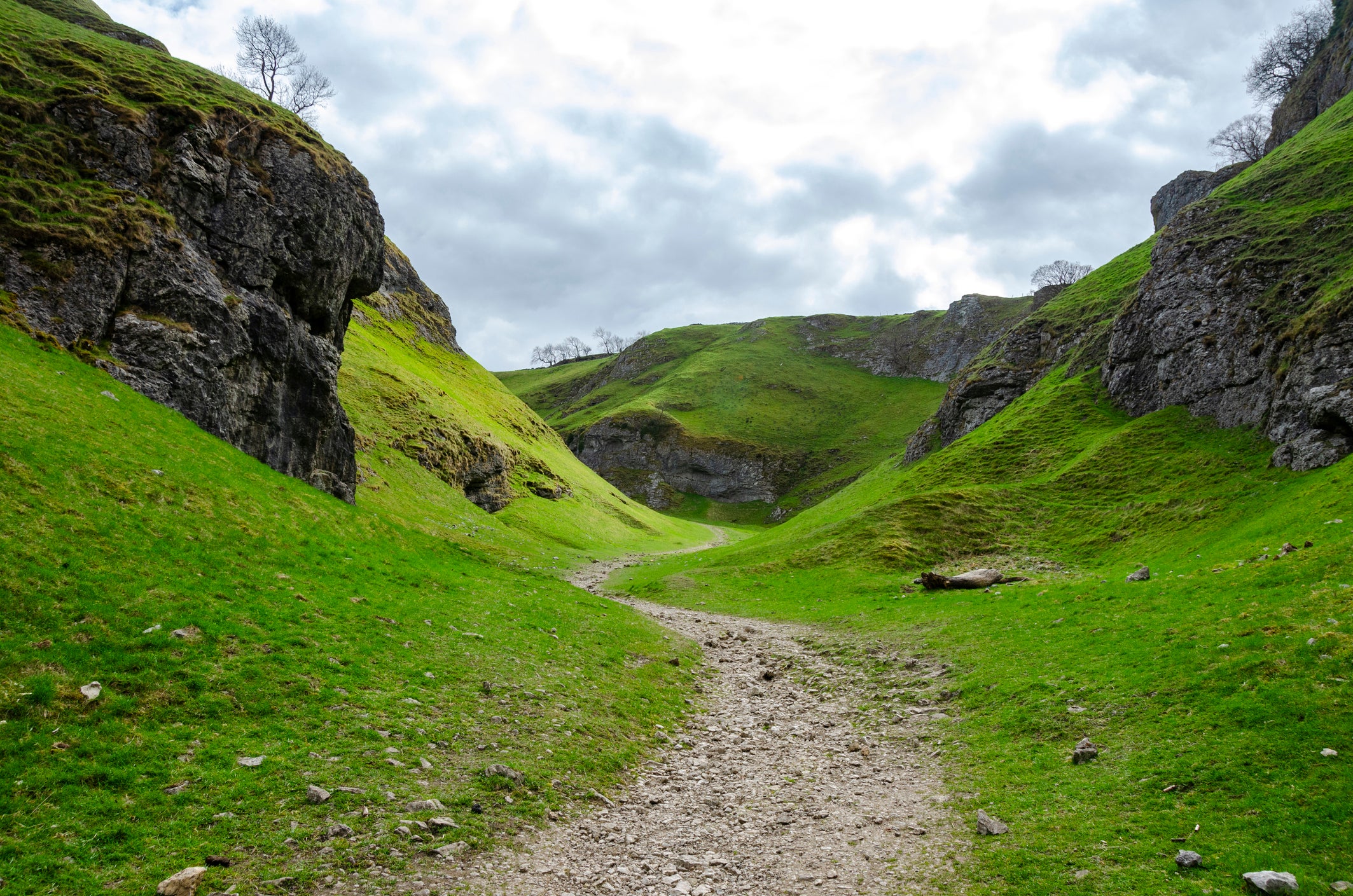
Production utilised the quintessentially English Peak District for scenes in and around the southern Pennine Mountains. The charming Derbyshire village of Castleton returned as the Vale of Arryn and home of House Arryn while the crab kings’ acolytes took shelter in the walking hotspot and dry valley, Cave Dale. Also seen on screen, the National Park’s Eldon Hill Quarry served as the surroundings of Prince Daemon’s former home with its 470m limestone hill.
Caesar’s Camp, Aldershot

At Ceasar’s Camp in Hampshire, the remains of an Iron Age hillfort provided the rural sights of House of the Dragon life, as well as a battlefield backdrop complete with a set of colourful tents.
New episodes of House of the Dragon season two are available to stream weekly on Sky Atlantic and NOW.

 JimMin
JimMin 
























